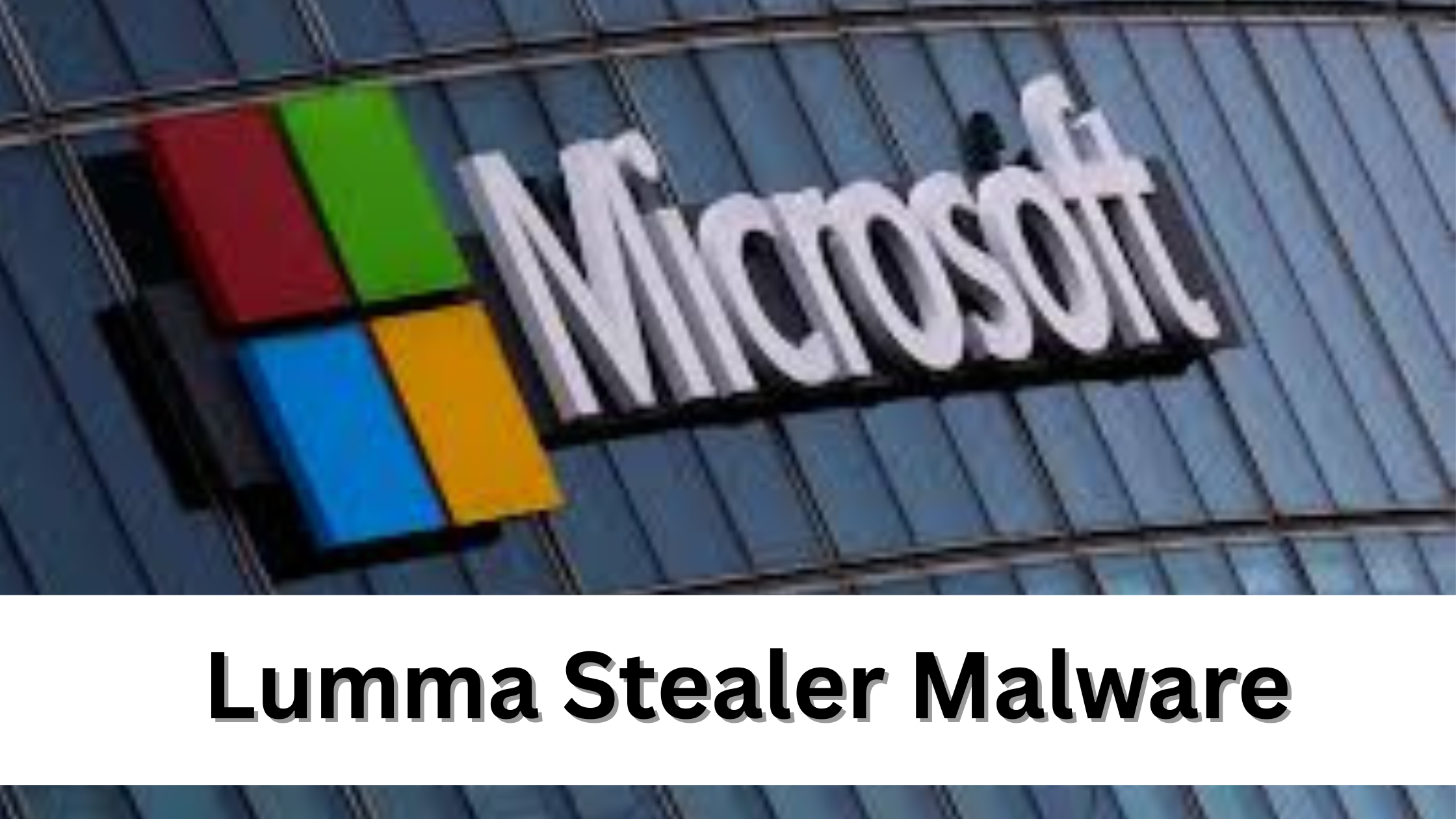Microsoft and International Partners Disrupt Lumma Stealer Malware Network

In a coordinated global effort, Microsoft and the U.S. Department of Justice (DOJ) have successfully disrupted the Lumma Stealer Malware network. This malware-as-a-service (MaaS) platform has compromised hundreds of thousands of systems worldwide, targeting sensitive personal and financial information. The operation demonstrates the effectiveness of combining private-sector expertise with law enforcement action to combat sophisticated cyber threats.
Lumma Stealer Malware has been a significant threat to both individual users and organizations, stealing passwords, banking credentials, and cryptocurrency wallets. The takedown represents a major achievement in protecting digital infrastructure and enhancing cybersecurity globally.
What is Lumma Stealer Malware?
Lumma Stealer Malware, also referred to as LummaC2, is a highly advanced malware platform designed to steal sensitive data from infected systems. Its primary targets include login credentials, personal information, financial details, and cryptocurrency wallets. Once deployed, the malware transmits stolen data to cybercriminal-controlled servers, often undetected by victims.
The malware spreads through phishing campaigns, malicious websites, infected attachments, and social engineering tactics. Its accessibility as a service has made it easier for cybercriminals with minimal technical expertise to deploy attacks, amplifying its global reach.
Microsoft’s Digital Crimes Unit: Leadership in Action
Microsoft’s Digital Crimes Unit (DCU) played a pivotal role in investigating and dismantling Lumma Stealer Malware. Using advanced threat intelligence and forensic analysis, the DCU identified over 394,000 infected systems worldwide and mapped the malware’s infrastructure.
Through a combination of legal and technical measures, the DCU redirected malicious domains to controlled sinkholes, effectively cutting off communication between the malware and its command-and-control servers. This approach disrupted the malware network while minimizing unintended disruption to legitimate users.
The Role of the U.S. Department of Justice
The DOJ provided critical legal support, authorizing the seizure of thousands of domains linked to Lumma Stealer Malware. Legal action allowed authorities to dismantle the command-and-control infrastructure of the malware and disrupt the distribution channels used by cybercriminals.
The DOJ also targeted online marketplaces that facilitated the sale of Lumma Stealer Malware, reducing its accessibility to new attackers. This dual approach—legal intervention combined with technical disruption—proved effective in halting the malware’s global operations.
International Collaboration
The takedown required cooperation with multiple international partners, including:
-
Europol’s European Cybercrime Centre (EC3): Assisted in suspending Europe-hosted domains.
-
Japan’s Cybercrime Control Center (JC3): Helped neutralize infrastructure in Asia.
-
Private cybersecurity firms: Provided technical expertise, threat analysis, and mitigation strategies.
This collaborative model ensured the operation effectively disrupted both the technical and operational components of the malware network, preventing further infections and data theft.
Legal and Technical Measures
A cornerstone of the operation was the legal seizure of approximately 2,300 malicious domains. These domains functioned as command-and-control servers, enabling cybercriminals to manage infections and exfiltrate stolen data.
Redirecting these domains to Microsoft-controlled sinkholes disrupted malware operations and allowed authorities to gather intelligence on the network’s structure, operations, and distribution methods. This combination of legal and technical measures was essential to the operation’s success.
Disrupting Malware Marketplaces
Authorities targeted online marketplaces that facilitated the sale of Lumma Stealer Malware, which are central to the malware-as-a-service business model. Shutting down these platforms reduced the distribution channels available to cybercriminals, limiting the malware’s reach and future impact.
Experts emphasize that targeting marketplaces is as crucial as neutralizing the malware itself, ensuring that cybercriminals face long-term operational setbacks and reducing the likelihood of resurgence.
Impact on Cybercriminal Networks
The cybercriminal group behind Lumma Stealer Malware, known as Storm-2477, faced significant operational disruption. With command-and-control servers neutralized, marketplaces shut down, and infrastructure dismantled, the group’s ability to conduct attacks globally was severely limited.
Authorities also gathered valuable intelligence on the malware’s deployment tactics, operational patterns, and organizational structure. This information will help prevent similar threats and strengthen global cybersecurity defenses.
Lessons for Organizations and Individuals
The takedown of Lumma Stealer Malware provides essential cybersecurity lessons:
-
Enable Multi-Factor Authentication (MFA): Adds an extra layer of security against compromised credentials.
-
Regular Software Updates: Ensures systems and applications are patched to reduce vulnerabilities.
-
Employee Awareness Training: Educates staff to identify phishing and social engineering attacks.
-
Continuous Network Monitoring: Allows early detection of anomalies and malware activity.
-
Data Backups: Ensures critical data can be recovered in case of malware attacks.
Implementing these measures helps organizations and individuals strengthen defenses against malware like Lumma Stealer and mitigate potential risks.
Strengthening Global Cybersecurity
The Lumma Stealer Malware operation highlights the importance of public-private partnerships in addressing cybercrime. No single entity can effectively combat global malware threats alone. Collaboration among tech companies, law enforcement agencies, and international organizations ensures that sophisticated malware networks can be dismantled efficiently and sustainably.
Microsoft’s DCU continues to monitor emerging threats and provides guidance to enhance cybersecurity readiness. The successful takedown of Lumma Stealer Malware sets a benchmark for future coordinated international efforts.
Read Full Article : https://bizinfopro.com/news/it-news/microsoft-and-global-authorities-dismantle-lumma-stealer-malware-network-2/
About Us : BizInfoPro is a modern business publication designed to inform, inspire, and empower decision-makers, entrepreneurs, and forward-thinking professionals. With a focus on practical insights and in‑depth analysis, it explores the evolving landscape of global business—covering emerging markets, industry innovations, strategic growth opportunities, and actionable content that supports smarter decision‑making.
- Art
- Causes
- Crafts
- Dance
- Drinks
- Film
- Fitness
- Food
- Jogos
- Gardening
- Health
- Início
- Literature
- Music
- Networking
- Outro
- Party
- Religion
- Shopping
- Sports
- Theater
- Wellness




